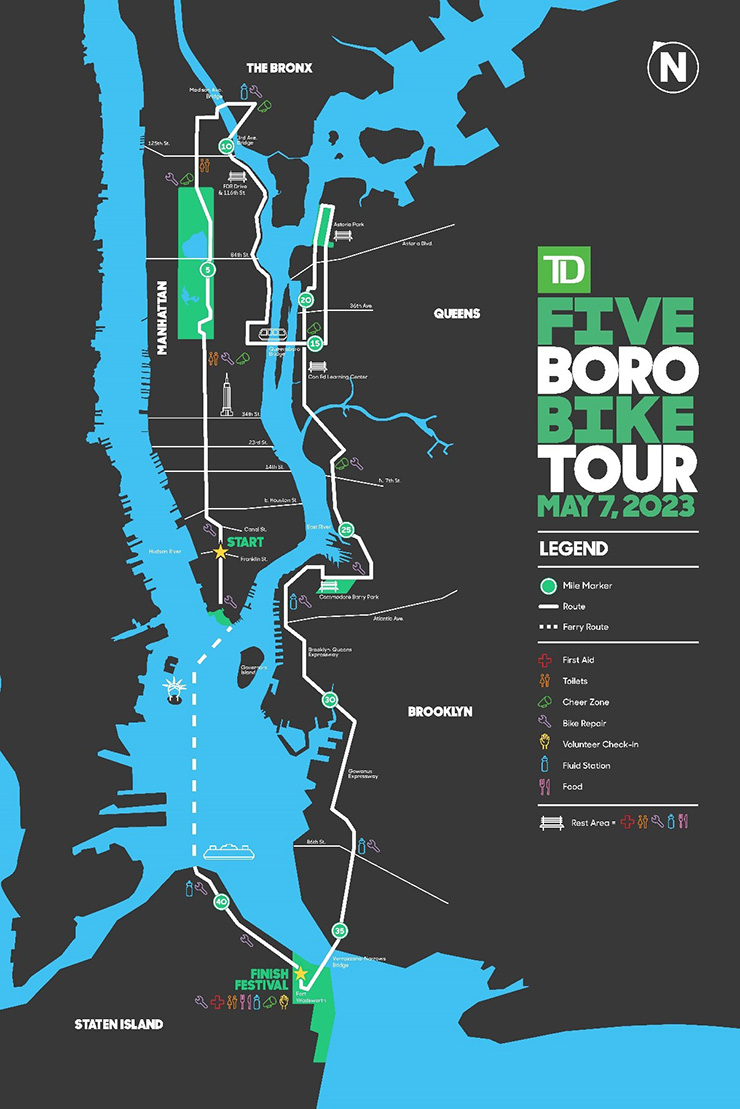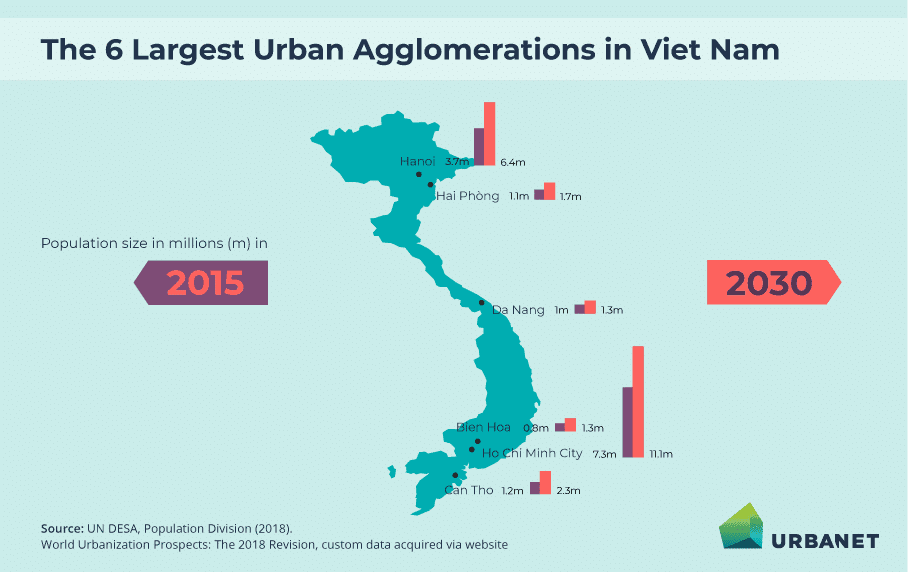Exploring Queer Asian-American Identity Through "The Wedding Banquet"

Table of Contents
Ang Lee's "The Wedding Banquet" is more than just a romantic comedy; it's a poignant exploration of Queer Asian-American identity, navigating the intricate dance between cultural expectations, familial pressures, and the search for authentic self-expression. This article delves into the film's portrayal of these complexities, highlighting its enduring relevance in understanding the experiences of LGBTQ+ Asian individuals. The film masterfully uses humor and pathos to illustrate the challenges faced by gay Asian men attempting to reconcile their identities within a predominantly heteronormative, traditional family structure.
Cultural Expectations and the Performance of Identity
The Pressure to Conform
"The Wedding Banquet" vividly depicts the immense pressure on Wai-Tung, a gay Taiwanese-American man living in New York City, to conform to his parents' expectations. His parents, recently immigrated from Taiwan, are deeply invested in the traditional Chinese family structure. They believe a son's marriage and the production of grandchildren are paramount to maintaining familial honor and upholding societal expectations.
- Traditional Chinese family values: The film emphasizes the importance of filial piety, a cornerstone of Confucianism, obligating children to respect and obey their parents. This cultural expectation profoundly impacts Wai-Tung's decision-making.
- Societal expectations surrounding marriage and children: The film showcases the societal pressure in both Taiwanese and American cultures surrounding marriage and procreation. These expectations create a significant conflict for Wai-Tung, forcing him to reconcile his personal identity with societal norms.
- The importance of filial piety: Wai-Tung's actions throughout the film are heavily influenced by his desire to please his parents and avoid dishonoring them, illustrating the powerful influence of filial piety on his choices.
The "Green Card Marriage"
The sham marriage between Wai-Tung and Wei-Wei serves as a powerful symbol of assimilation and the complexities of navigating two vastly different cultures. It represents Wai-Tung's attempt to appease his parents while simultaneously concealing his true identity. This "green card marriage" highlights the lengths to which some LGBTQ+ Asian individuals may go to navigate cultural expectations and achieve societal acceptance, even if it means compromising their authenticity.
- Immigration issues: The film subtly touches upon the challenges faced by immigrants, highlighting the added pressure to conform to American societal norms for legal and practical reasons.
- The struggle for acceptance: Wai-Tung's decision to enter into a sham marriage emphasizes his struggle for acceptance within both his family and American society. He masks his identity to avoid rejection and maintain a sense of belonging.
- The performance of heterosexuality: The film portrays the exhausting performance Wai-Tung undertakes to maintain the facade of a heterosexual relationship, highlighting the emotional toll of living a double life.
Family Dynamics and Secrets
The Parental Generation's Perspective
The film provides insight into the parental generation's limited understanding of homosexuality, stemming from differing cultural backgrounds and generational gaps. Wai-Tung's parents are products of a society where homosexuality was largely unspoken and often stigmatized. Their limited understanding creates conflict and misunderstanding in their relationship with their son.
- Generational differences: The gap between Wai-Tung's generation and his parents' generation highlights the evolving societal attitudes towards homosexuality and LGBTQ+ rights.
- Cultural misunderstandings: The film illustrates the communication barriers arising from cultural differences, particularly regarding sensitive topics like sexual orientation.
- The clash between traditional values and modern identities: The film portrays the inherent tension between deeply rooted traditional values and the evolving understanding of individual identities in modern society.
Wai-Tung's Relationship with his Mother
Despite the initial tension and misunderstandings, the film portrays a nuanced relationship between Wai-Tung and his mother. Their interactions reveal an unspoken understanding and affection that transcends the initial conflict created by Wai-Tung's sexuality. There's a subtle acknowledgment of their shared emotional bond, even amidst the cultural and societal pressures.
- Maternal love: The film showcases a mother's enduring love and acceptance, even when faced with her son's unconventional lifestyle choices.
- Acceptance versus expectation: The mother's eventual acceptance hints at the possibility of bridging the gap between traditional expectations and the reality of her son's identity.
- The complexities of mother-son relationships: The film beautifully illustrates the complex dynamics inherent in mother-son relationships, particularly within a culturally diverse context.
Self-Discovery and Authentic Expression
Wai-Tung's Internal Conflict
Wai-Tung's internal struggle between his desire for authenticity and the need to conform to family expectations forms the emotional core of the film. He is torn between his personal truth and the expectation to maintain a façade to satisfy his parents and uphold the family honor. This internal conflict creates compelling drama and highlights the emotional weight of societal pressures on LGBTQ+ individuals.
- Self-acceptance: Wai-Tung's journey is one of gradual self-acceptance, a process that is both challenging and transformative.
- The process of coming to terms with one's identity: The film explores the complexities of self-discovery and the time it takes for individuals to fully embrace their identities.
- The courage to be true to oneself: Wai-Tung’s eventual assertion of his true identity showcases the immense courage it takes to defy societal expectations and live authentically.
The Significance of Wai-Tung's Relationship with Simon
Wai-Tung's relationship with Simon, his boyfriend, offers a counterpoint to the familial pressures. It highlights the crucial role of supportive relationships and community in navigating the challenges of living as a gay Asian man. Simon's presence provides Wai-Tung with the acceptance and love he craves, creating a space for authentic self-expression.
- The importance of queer community: Simon represents the supportive community that is often crucial for LGBTQ+ individuals to find strength and acceptance.
- Finding acceptance and love: Wai-Tung's relationship with Simon highlights the importance of finding love and acceptance outside of the constraints of familial expectations.
- The power of supportive relationships: The film emphasizes the strength derived from supportive relationships and their contribution to self-discovery and well-being.
Conclusion
"The Wedding Banquet" offers a powerful and nuanced portrayal of Queer Asian-American identity, highlighting the challenges and triumphs of navigating cultural expectations, family dynamics, and the journey towards self-discovery. The film's enduring impact lies in its ability to humanize the experiences of LGBTQ+ Asian individuals and foster a greater understanding of their struggles. Ang Lee's masterful direction uses humor and pathos to reveal the complexities of assimilation, family secrets, and the ultimate pursuit of authenticity. The film's exploration of gay Asian men's experiences remains critically relevant in discussions of LGBTQ+ representation in cinema and beyond.
Call to Action: Continue exploring the complexities of Queer Asian-American identity. Watch "The Wedding Banquet" and engage in further discussions on LGBTQ+ Asian representation in film and beyond. Share your thoughts on how the film reflects or challenges your own understanding of Queer Asian-American identity. Consider the enduring legacy of this film and how it continues to shape conversations about cultural identity and self-acceptance within the LGBTQ+ Asian-American community.

Featured Posts
-
 Top Rated Bitcoin Casinos In The United States Jackbit Review
May 18, 2025
Top Rated Bitcoin Casinos In The United States Jackbit Review
May 18, 2025 -
 Planning Your Five Boro Bike Tour Tips For A Smooth Nyc Ride
May 18, 2025
Planning Your Five Boro Bike Tour Tips For A Smooth Nyc Ride
May 18, 2025 -
 Neocekivani Trijumf Runea U Barseloni Alkaras Povreden
May 18, 2025
Neocekivani Trijumf Runea U Barseloni Alkaras Povreden
May 18, 2025 -
 Japans Metropolis A Comprehensive Overview Of Its Urban Landscape
May 18, 2025
Japans Metropolis A Comprehensive Overview Of Its Urban Landscape
May 18, 2025 -
 Bbc Three Hd Programming Easy A Showtimes
May 18, 2025
Bbc Three Hd Programming Easy A Showtimes
May 18, 2025
